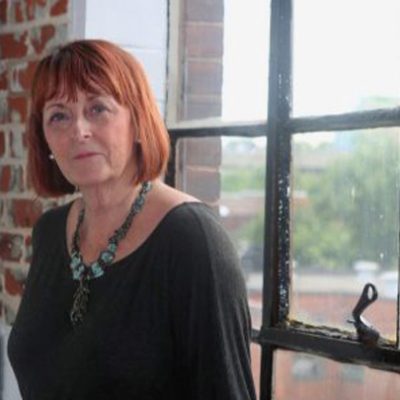
There is one topic that will get very little attention in the upcoming federal election – poverty, writes Joe Zabar. Source: Eureka Street.
Poverty lurks in our society, often unseen and usually affecting others. It does untold damage to those it afflicts, unleashing emotional and financial misery on families and communities.
If you happen to be Indigenous, an older single woman, or someone reliant on welfare, then the data shows poverty may be closer than you think.
What most fail to understand is that poverty is only one event, one accident away from impacting anyone of us. Yet we rarely see our politicians have any meaningful and deliberative discussions about it.
Political parties tend to focus their attention on issues that impact the majority of the electorate: cost of living, safety and security, health and such like. Few, if any, polls will show poverty as being an issue for the Australian electorate.
However, issues such as family violence, job losses, housing insecurity and the affordability of basic goods and services do, and all of these are known to be pathways into poverty.
There are three major drivers of poverty; systemic, event-based and personal decision-making. They deliver the same outcome, though the road into and out of poverty will differ.
Systemic drivers of poverty are pernicious. They reflect the hardwiring of societal biases for certain actions that can drive and hold people in poverty. This is no more apparent when we consider the interaction between the wellbeing of the economy and that of society.
When the Reserve Bank of Australia lifts interest rates, it is a deliberate calculation designed to take demand out of the economy and get inflation under control.
The RBA board is cognisant of the impacts of a slowing economy on those who lose their jobs, but it relies, in part, on the Government’s welfare safety net to help soften the worst of those impacts.
The problem is that despite having a welfare safety net – the JobSeeker payment – it is inadequate and poses a risk of long-term social and financial harm to those in receipt of it.
So, what to do?
We, as a society, need to be comfortable in walking and chewing gum at the same time. That requires a laser-focus on those systemic drivers of poverty, ensuring that they are eradicated entirely or countered by a more humane approach to welfare and its administration.
Joe Zabar is the Chair of Mercy Works Ltd and a Visiting Fellow with the Tax and Transfer Policy Institute, ANU
FULL STORY
Out of sight, out of mind: Why poverty is missing from the election agenda (By Joe Zabar, Eureka Street)






